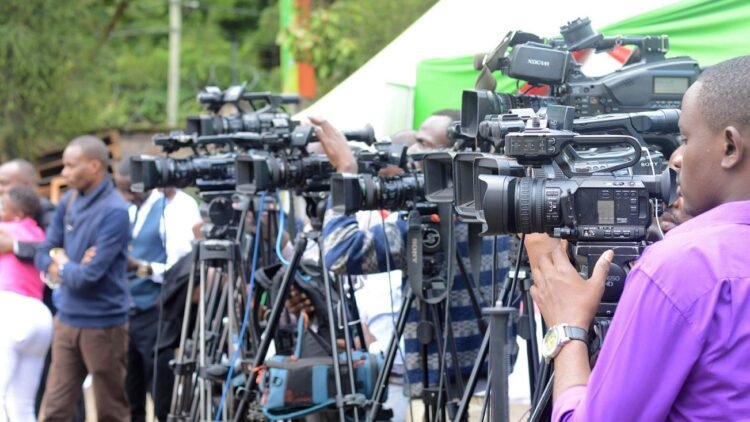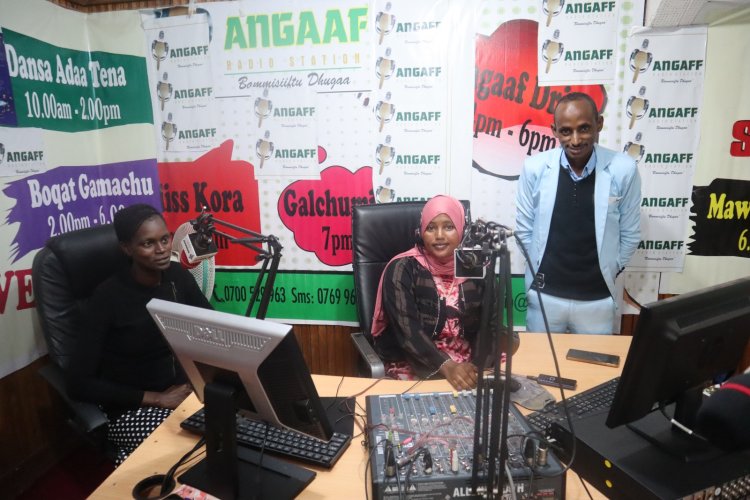MARANGU: Unique Mechanism Helping Kenyan Journalists Report On Climate Projects
Problem-solving can include information sharing and consultation, facilitation, mediation, joint fact-finding, and other tools.

By Nancy Marangu
The Independent Redress Mechanism (IRM) addresses complaints by people who believe they are adversely affected or may be affected by projects or programmes funded by the Green Climate Fund (GCF).
The IRM works with stakeholders in a flexible and participatory way to resolve issues and address grievances.
Problem-solving can include information sharing and consultation, facilitation, mediation, joint fact-finding, and other tools.
The IRM’s practice is guided by the principles of alternative dispute resolution (ADR). The goal of the problem-solving process is to address specific issues that have given rise to the request or complaint and to help identify and agree on solutions that meet the interests of the relevant parties.

Representatives from the Chemichemi Foundation with journalists from ANGAAF Radio Station. /NANCY MARANGU
It encompasses the clarification of issues of concern, understanding the needs and interests of stakeholders, assisting parties in identifying solutions, and helping them reach agreement on the terms of these solutions.
More so, based on discussions with the primary stakeholders in a complaint or request, the IRM supports them in developing a jointly agreed problem-solving process. The intention is to address the issues raised or, where the concern cannot be resolved, it is referred for IRM compliance review.
Furthermore, the IRM conducts independent compliance appraisals and investigations of GCF projects and programmes and their adherence to GCF policies and procedures.
It recommends to the GCF Board based on its review to ensure compliance and provide redress. The goal of the compliance process is to determine whether any GCF policies or procedures have been violated and, if so, make recommendations on how redress or remedy should be provided.
Compliance processes focus on GCF and compliance with its relevant policies and procedures in a specific project. IRM compliance investigations are independent of but complementary to, GCF’s procedures for ensuring project compliance.
To remain abreast with the IRM’s reporting mechanisms, all journalists in Kenya need to be trained on its provision. This is by virtue that, Kenya is implementing the Towards Ending Emergencies (TWENDE) project, being financed by the Green Climate Fund in different counties.
According to journalists who were part of the IRM sensitization carried out by the Chemichemi Foundation in Laikipia, Marsabit, Turkana, Isiolo, West Pokot and Baringo Counties, the journalists recommended that the project implementors, the National Drought Management Authority (NDMA), to put into consideration to onboard the media/journalists during their stakeholder workshops of the project.
Alternatively, they recommended that the IRM unit consider convening a capacity-building session for them. This is with the appreciation that the media and specifically the journalists are always at the forefront of providing coverage of environmental governance news that affect all.
Nancy Marangu is a Communication and Public Policy Analyst. You can reach her at nancy.marangu@gmail.com






